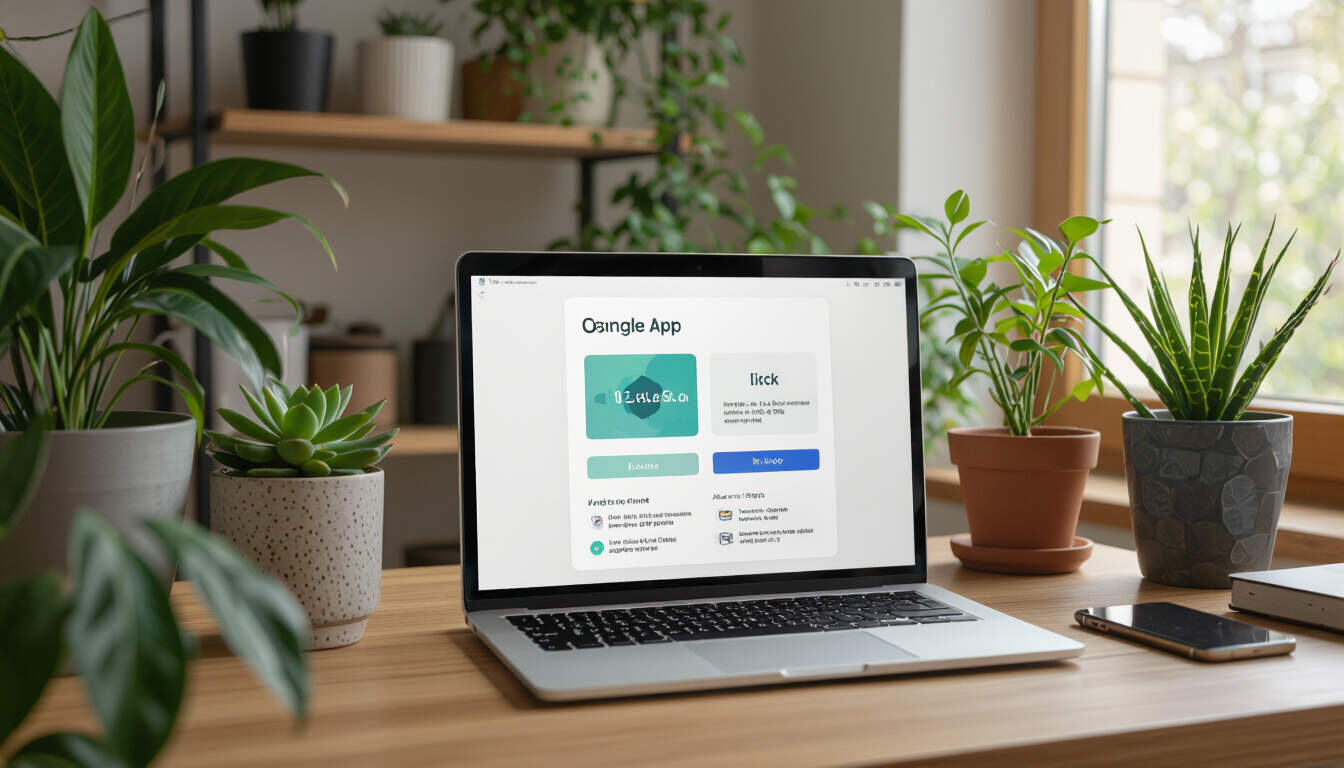Sustainable Practices for MVP Validation Using Zero-Code Tools
 by Thaddeus Blanda
by Thaddeus Blanda
Discover how zero-code tools enable entrepreneurs to validate MVPs in ways that promote sustainability. This article explores practical strategies to build and test ideas efficiently, reducing waste and ensuring long-term viability without coding expertise.

Entrepreneurs and startups often face challenges in bringing ideas to life quickly and affordably. Using zero-code tools offers a way to create and validate a minimum viable product (MVP) without deep technical skills. These tools allow for rapid prototyping and testing, making the process more accessible.
One key benefit of zero-code tools is their ability to minimize resource use. For instance, platforms like Bubble or Adalo let users build applications through visual interfaces. This approach reduces the need for extensive coding, which can consume significant time and energy. By focusing on zero-code tools, teams can iterate on ideas faster and with less environmental impact.
In practice, sustainable strategies involve careful planning from the start. Begin by defining clear goals for your MVP. This means identifying essential features that address user needs while avoiding unnecessary complexity. Once set, zero-code platforms enable quick assembly of prototypes. For example, tools such as Airtable or Glide help in creating functional apps from spreadsheets and simple designs.
Another aspect is testing for feedback efficiently. MVP validation through user surveys or beta testing can occur via built-in features in zero-code environments. This method gathers insights without overproducing elements that might not work. Sustainable practices here include reusing components across projects, which cuts down on redundant development efforts.
To make this concrete, consider a startup aiming to launch an eco-friendly app for tracking personal carbon footprints. With zero-code tools, the team can assemble a basic version in days. They use pre-built templates to handle data entry and visualization, then release it to a small group for testing. Feedback loops help refine the product, ensuring it meets real demands without excess waste.
Steps for Effective Implementation
When applying these tools, follow a structured approach:
- Assess your resources: Determine what you have available, from team skills to budget constraints. This ensures that sustainable practices guide your decisions.
- Select appropriate tools: Choose based on ease of use and scalability. For MVPs, options that integrate seamlessly can save time.
- Build iteratively: Start with a simple prototype and add features based on user input. This keeps the process lean and adaptable.
- Measure outcomes: Track metrics like user engagement and feedback to validate the MVP effectively.
By integrating these steps, product managers can foster innovation while maintaining sustainability. For example, in a project for a community gardening app, zero-code tools allowed for quick deployment of a sign-up feature. Users provided input that shaped subsequent versions, leading to a more refined final product.
The advantages extend beyond speed. These practices promote inclusivity, as non-technical team members can contribute directly. This collaborative environment strengthens team dynamics and leads to better outcomes. Moreover, by prioritizing efficiency, startups reduce their overall carbon footprint through lower energy consumption in development.
In one case, a small business used zero-code platforms to test a marketplace for upcycled goods. They created a prototype that connected sellers and buyers with minimal setup. Early validation showed strong interest, allowing the team to scale thoughtfully and avoid overinvestment in unproven ideas.
Ultimately, adopting these methods encourages a mindset of continuous improvement. Entrepreneurs who embrace zero-code tools for MVP validation find themselves better equipped to adapt to changes. This not only supports business growth but also aligns with broader goals of environmental responsibility.
Through consistent application, the results speak for themselves. Teams report higher satisfaction and faster market entry, all while upholding sustainable principles. As you move forward, remember that thoughtful use of these tools can transform how you bring ideas to fruition.
